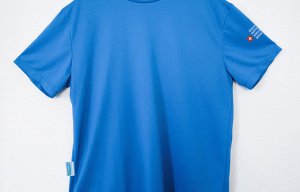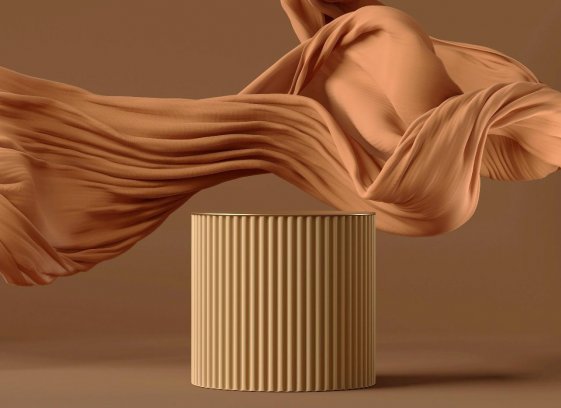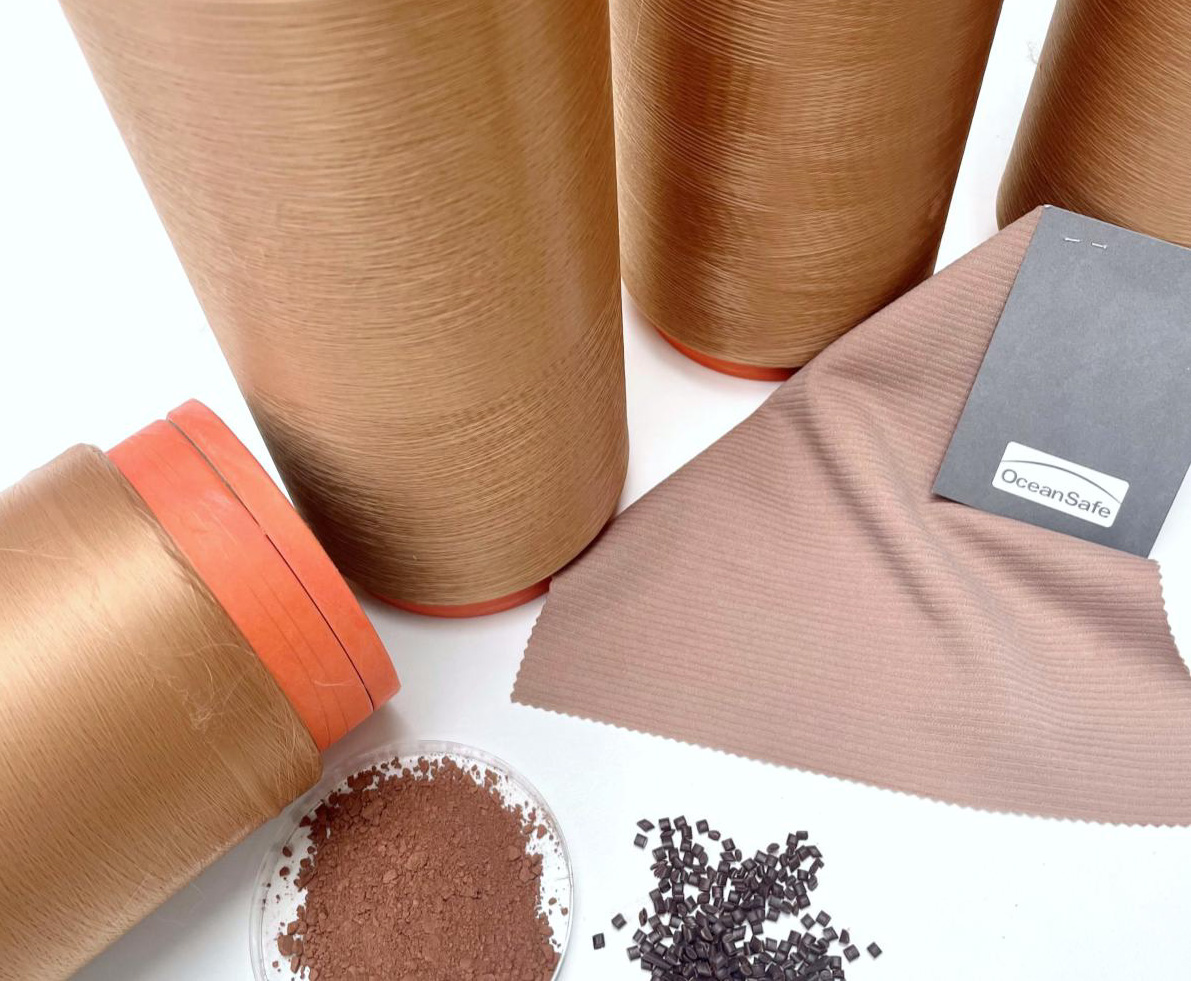
OceanSafe claims Design Prize Switzerland
Lignin the key to stability during spinning and in the final yarn.

16th October 2025
Innovation in Textiles
|
Dornbirn, Austria
Following market success with its naNea marine biodegradable performance polyester, Swiss polymer science company OceanSafe is introducing coNea, a patented, 100% bio-based compound of PHA, PBS and lignin.
While both are produced in chip form as drop-in technologies for extrusion and melt spinning, Matthias Fuchs, the company’s chief marketing officer, stresses that coNea, as a biopolymer compound is aimed at different applications, products, target groups and processes to naNea co-polyester.
“The aim, however, is to achieve the same cost parity through industrial scale,” he said at the recent Dornbirn-GFC conference in Austria. “Fashion loves stories and embraces materials from fruit, algae and fungi that poetic but often impractical because most are not spinnable, industrial, or affordable.”

PHA (polyhydroxyalkanoate) was first synthesized and commercialised in the 1990s and is stable but brittle, while PBS (polybutylene succinate) was discovered in 1926, commercialised in the late 1980s and is characterised by its softness, but has a low melting point
Both can be produced from bio-based fermentation processes and are biodegradable and non-toxic, but are equally challenging to implement in textiles.
This is where lignin comes in, as a natural biopolymer in plant cell walls which provides stability.
“Lignin is the Earth’s second most abundant organic polymer after cellulose,” Fuchs explained. “Around 60 million tons of lignin is produced annually, mainly as a by-product of pulp and paper mills, with approximately 90% of it burned for energy and only 1% utilised, so it’s a huge unused resource.”
In coNea, it provides stability during spinning and in the final yarn and acts as a functional component and nucleating agent, increasing crystallinity during drawing. This bridges PHA and PBS, creating more homogeneous and stable flow properties and boosts processing stability and performance.
Working in a collaboration with the ITA Institute in Aachen, Germany, OceanSafe has achieved successful compounding, extrusion and melt-spinning into POY on a semi-industrial scale, in addition to air-texturizing and flat knitting.
The resulting fabrics are said to be softer than cotton and silk-like, while being highly hydrophilic and absorbent. In addition, they are rapidly biodegradable and already certified Cradle to Cradle Gold.
“Today we are at technology readiness level 6 with coNea, which is engineered to perform, low impact and safe, ,” Fuchs said. “We will continue to optimise processes and properties as we scale up to industrial production. We invite interested parties to become part of the coNea Collective and join a select group of pioneering brands and manufacturers working to co-develop and lead the next phase of coNea material innovation.”

Business intelligence for the fibre, textiles and apparel industries: technologies, innovations, markets, investments, trade policy, sourcing, strategy...
Find out more